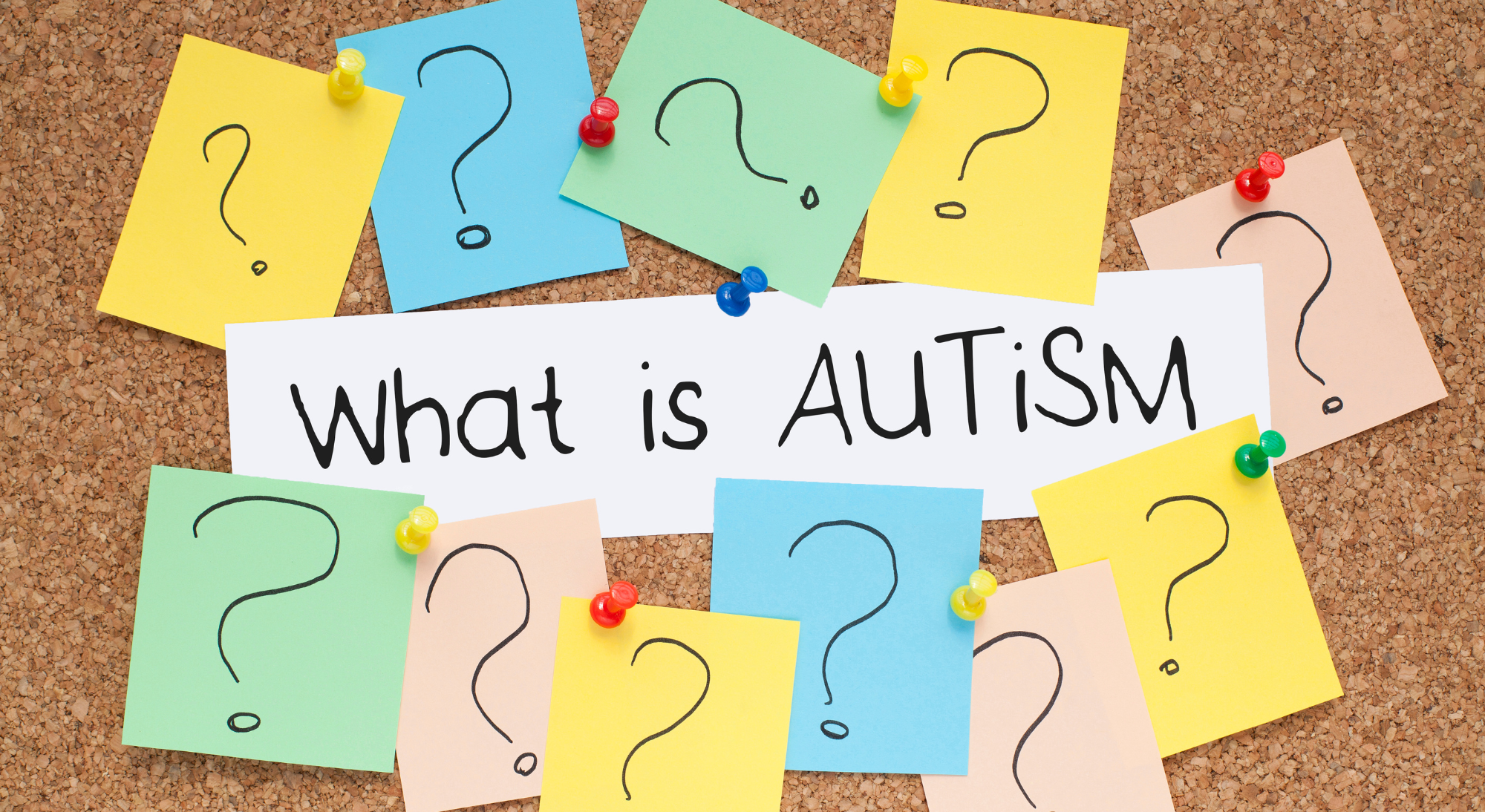Autism Test
Autism spectrum disorder (ASD) encompasses a wide range of developmental disorders that have similar yet different characteristics, signs and symptoms. People who are on the autism spectrum often face lifelong challenges with social and communication skills, which could affect how they live.
Effective treatment plans have been developed that can help children with ASD live their best life possible. One of the leading ones is called applied behavioral analysis, or ABA therapy, which uses a science-based approach to learning.
Research has shown that ABA therapy and other ASD treatment plans are more effective when they are started at a young age. That’s why it’s so important to look out for the common signs and symptoms of autism as your child is developing, so you can have them undergo an official ASD evaluation if something appears off.
But, what should you be looking for if you’re a parent, caregiver or family member of a young child? Below, we have listed some questions you should ask to assess whether your child might have autism.
The answers to these questions will help guide you on whether you should seek further professional help about whether your child has ASD.
Table Of Contents
Autism Test Questions to Ask
Today, there are official tests that trained professionals use when they are evaluating a child for autism. Some of these screener questions may sound familiar to parents, as they are often asked at certain intervals during their child’s well visits at the pediatrician’s office.
Some of the questions are versions of those that are asked as part of The Childhood Autism Spectrum Test (CAST) and the Modified Checklist for Autism in Toddlers (M-CHAT), which are commonly used in autism assessments.
The questions are usually presented in a multiple-choice format, with answers being either very often, often, sometimes, rarely or never.
Below is a sampling of some of those questions, you can take the test here on our site although we do recommend you take the official M-CHAT assessment and do not rely on our test.

What to Do if You Suspect Your Child Has Autism
As you can see, the questions above don’t apply to every child at every age. Some of the developmental milestone questions that are asked apply to children at different ages — when they would be expected to achieve those milestones.
If you asked yourself the above questions and are worried that your child might have ASD as a result of your answers, what should you do?
First, speak to your child’s pediatrician to get their opinion on the matter. If they concur that more needs to be done, you will likely be referred to a professional who is experienced and trained at administering autism evaluations.
You’ll likely visit a clinical psychologist, like the ones who are on our team at Blue Gems ABA, who will perform an official evaluation to determine whether your child has ASD.
Trust Blue Gems ABA with Your Child’s ASD Evaluation and Treatment
It’s very important for parents, caregivers and family members of young children to pay attention to the signs and symptoms of autism. Asking yourself some of the questions above can help you determine if more evaluation might be necessary for your child.
If you believe your child has autism, getting an evaluation at Blue Gems ABA is advisable. If one of our clinical psychologists does diagnose your child with ASD, we can create a detailed and personalized ABA therapy treatment plan to help your child build the social and communication skills they need to succeed in life.
For more information, please contact us today.





